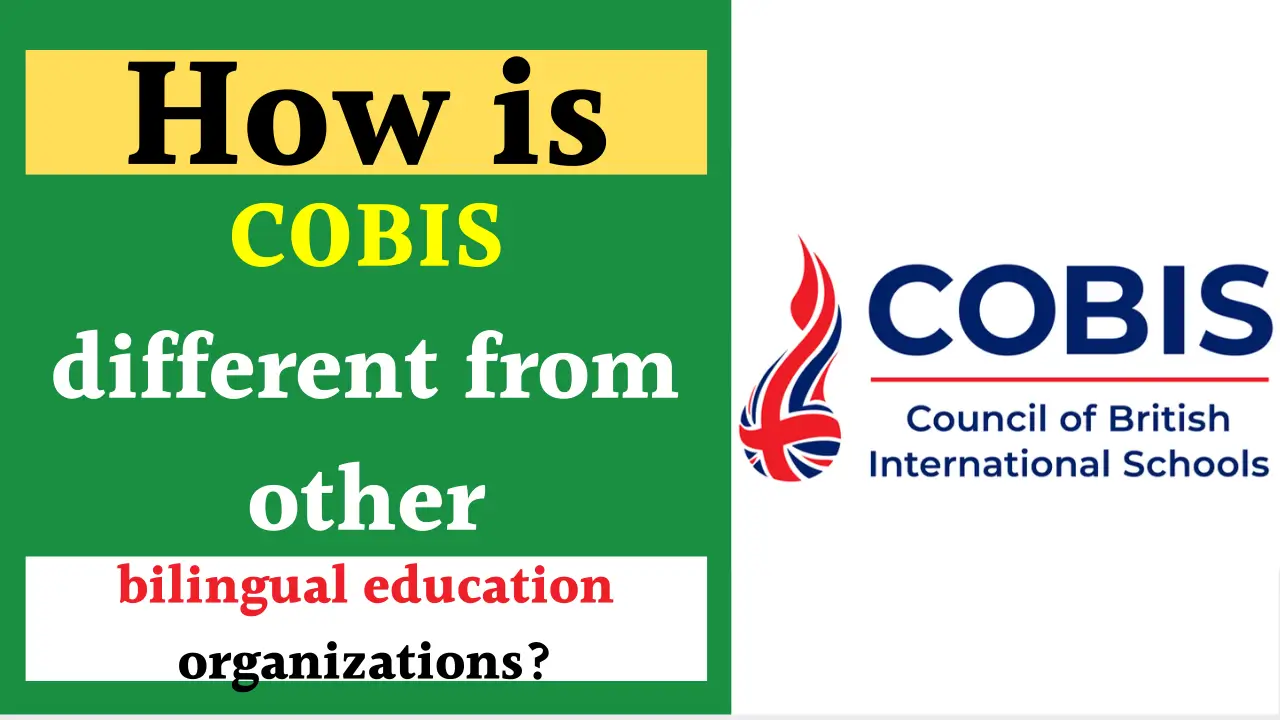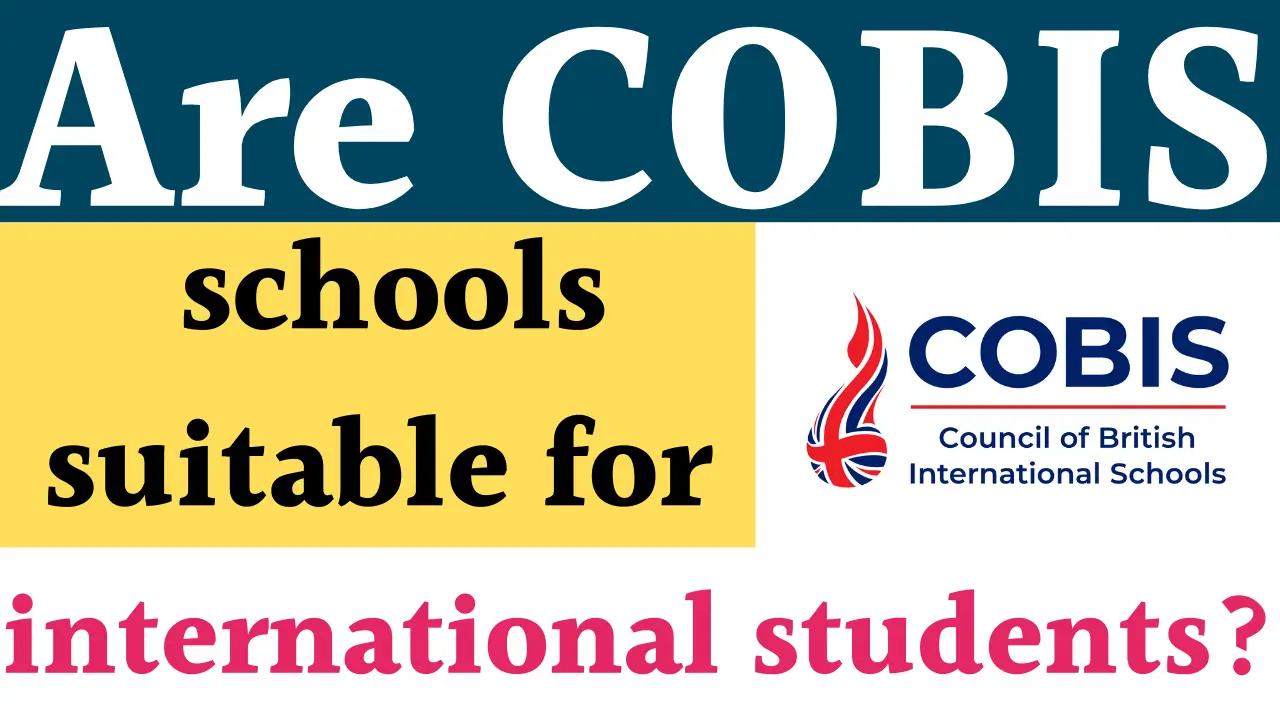Bilingual education has become increasingly important in today’s globalized world. Among the many organizations providing bilingual education, the Council of British International Schools (COBIS) stands out due to its unique characteristics and high standards. This article explores how COBIS differs from other bilingual education organizations, highlighting its distinctive features, recent updates, and overall impact within the bilingual education landscape.
What is COBIS?
COBIS, or the Council of British International Schools, is an international organization that supports and accredits schools following the British educational system worldwide. Its mission is to promote and maintain the highest quality British-style education, including bilingual options, ensuring consistent educational standards globally.
Overview of Bilingual Education Organizations
Bilingual education organizations generally aim to deliver education in two languages. Typically, such organizations:
- Provide instruction in both a local/regional language and an international language like English.
- Teach academic subjects in both languages.
- Emphasize language proficiency, cultural awareness, and academic achievement.
However, COBIS’s approach and standards distinguish it significantly from these typical bilingual education providers.
Key Differences Between COBIS and Other Bilingual Education Organizations
| Aspect | COBIS | Other Bilingual Education Organizations |
|---|---|---|
| Educational Accreditation | Accredited based on British education standards | Often certified by varied regional or local systems |
| Language Focus | Primarily English with strong bilingual support | Primarily local language with varying bilingual levels |
| Curriculum Quality | High-quality British national standards | Curriculum often tailored to regional needs |
| Teaching Methodology | Inclusive, research-based, and standardized | Diverse methodologies with less standardization |
| Teacher Qualifications | Teachers trained to British standards | Teachers trained mostly to regional norms |
| International Recognition | Globally recognized accreditation | Mostly recognized at local or national levels |
| Student Diversity | High international student diversity | More localized student populations |
| Use of Technology and Resources | Employs state-of-the-art digital tools and resources | Often limited by resources and infrastructure |
Unique Features of COBIS That Set It Apart
1. British Education System-Based Accreditation
COBIS accreditation aligns schools with the highly respected British educational framework known for its rigorous standards and global reputation.
2. Teacher Expertise and Professional Development
COBIS places significant emphasis on teacher quality, requiring educators to be trained against British benchmarks and offering continuous professional development.
3. Robust and Inclusive Bilingual Education
Though English is primary, COBIS ensures bilingual education strengthens students’ local language skills alongside English, promoting cultural diversity and multilingual fluency.
4. International Collaboration and Networking
COBIS member schools benefit from a global network allowing students and teachers to engage in international dialogues, collaborations, and exchanges.
Latest Updates and Initiatives by COBIS
- Strengthening digital learning platforms to enhance the quality and accessibility of online education.
- Introducing updated training modules to equip teachers with the latest pedagogical tools and technology.
- Adjusting learning methodologies post-COVID-19 to promote flexible and remote learning opportunities.
- Expanding student-centered and diverse curricula that include STEAM subjects (Science, Technology, Engineering, Arts, and Mathematics).
Important Points Comparing COBIS with Other Bilingual Education Organizations
- Standardization: COBIS education programs are internationally standardized, unlike many organizations that follow regional standards.
- Training: COBIS ensures teachers meet the highest British training standards, while others vary regionally.
- Language Priority: English is the main medium under COBIS, complemented by local languages; other organizations often prioritize the local language differently.
- Resources: COBIS schools leverage advanced technology and digital resources more extensively.
- Reputation: COBIS-affiliated schools enjoy stronger international prestige, particularly in countries aligned with British education.
Impact of COBIS Bilingual Education on Students
- Students gain proficiency in two languages, making them comfortable navigating multicultural and multilingual environments.
- The bilingual education system enhances academic performance alongside communication, critical thinking, and innovation skills.
- Students are better prepared for global opportunities in higher education and international careers.
Conclusion
COBIS stands out from other bilingual education organizations due to its foundation in the British education system’s high standards and accreditation. It emphasizes quality teaching, standardized curricula, international recognition, and the integration of modern technologies. COBIS also promotes a strong bilingual education model that develops proficiency in both English and local languages. For families seeking high-caliber bilingual education with a global reputation, COBIS offers a distinctive and effective pathway.
















